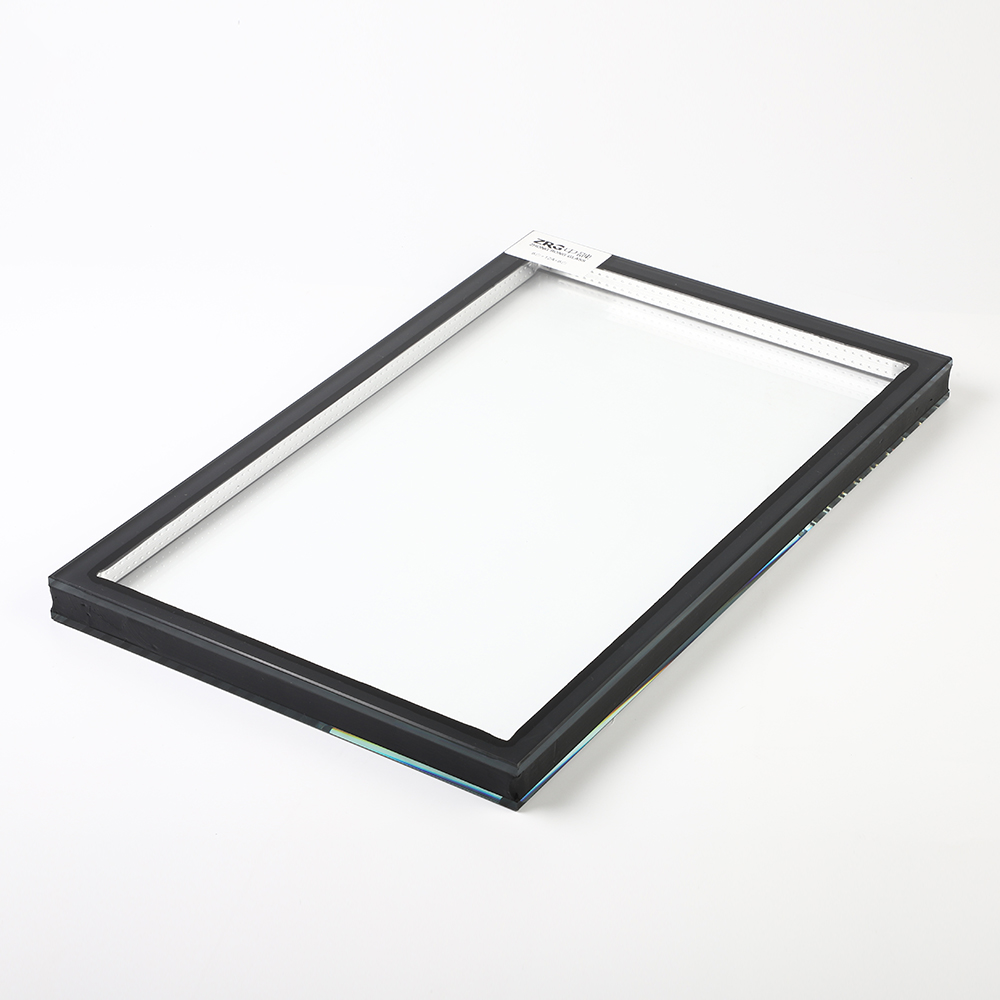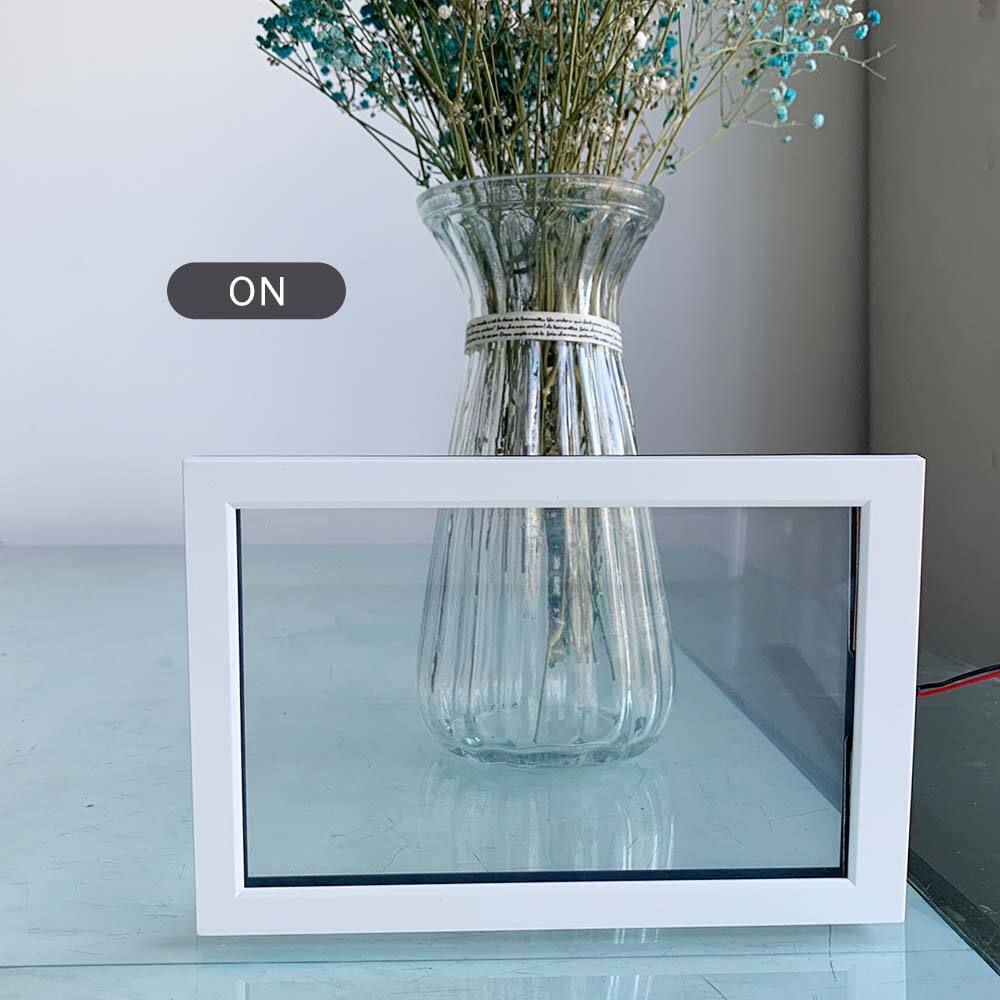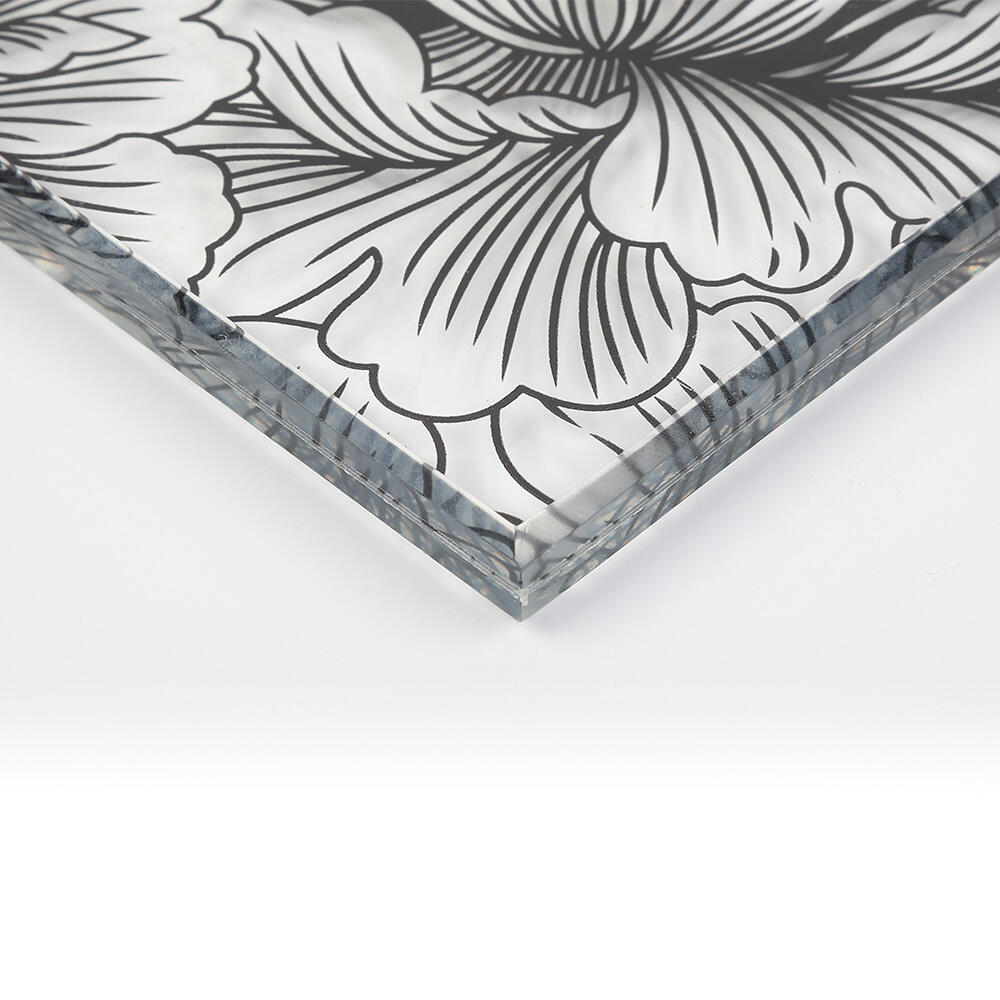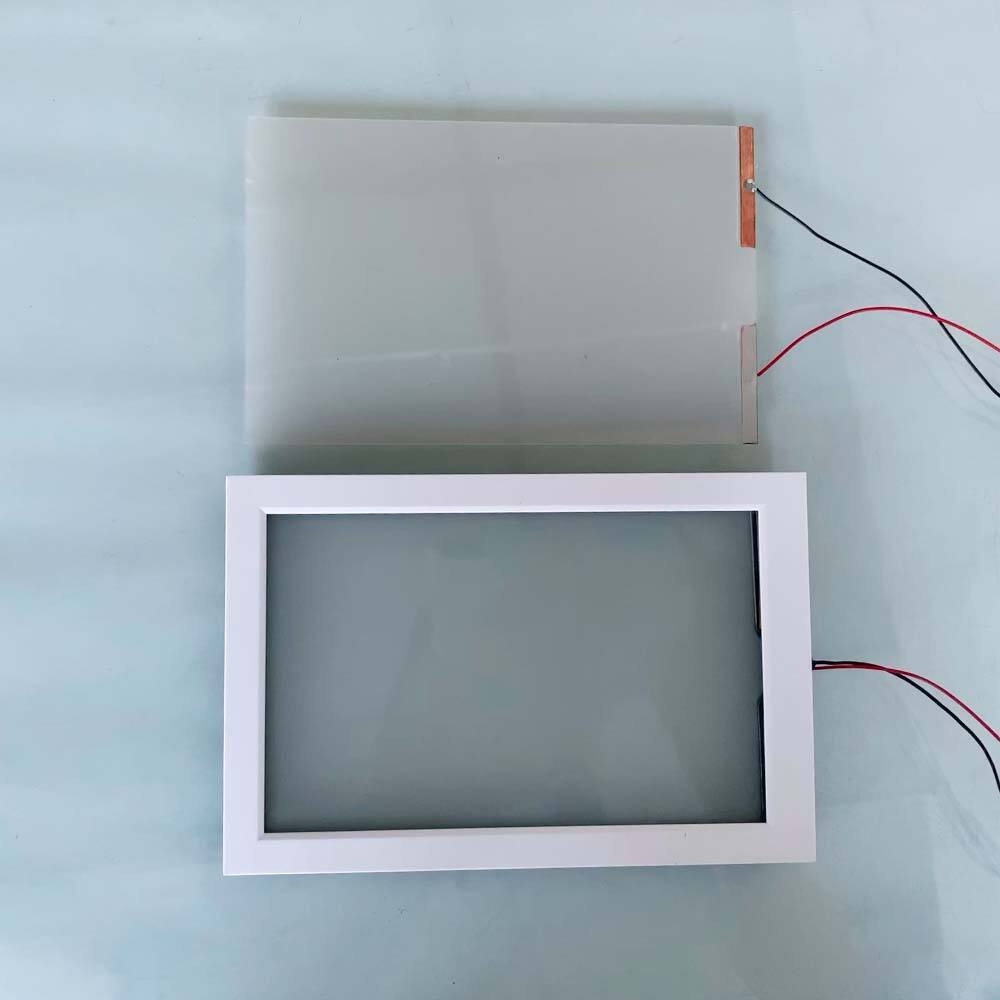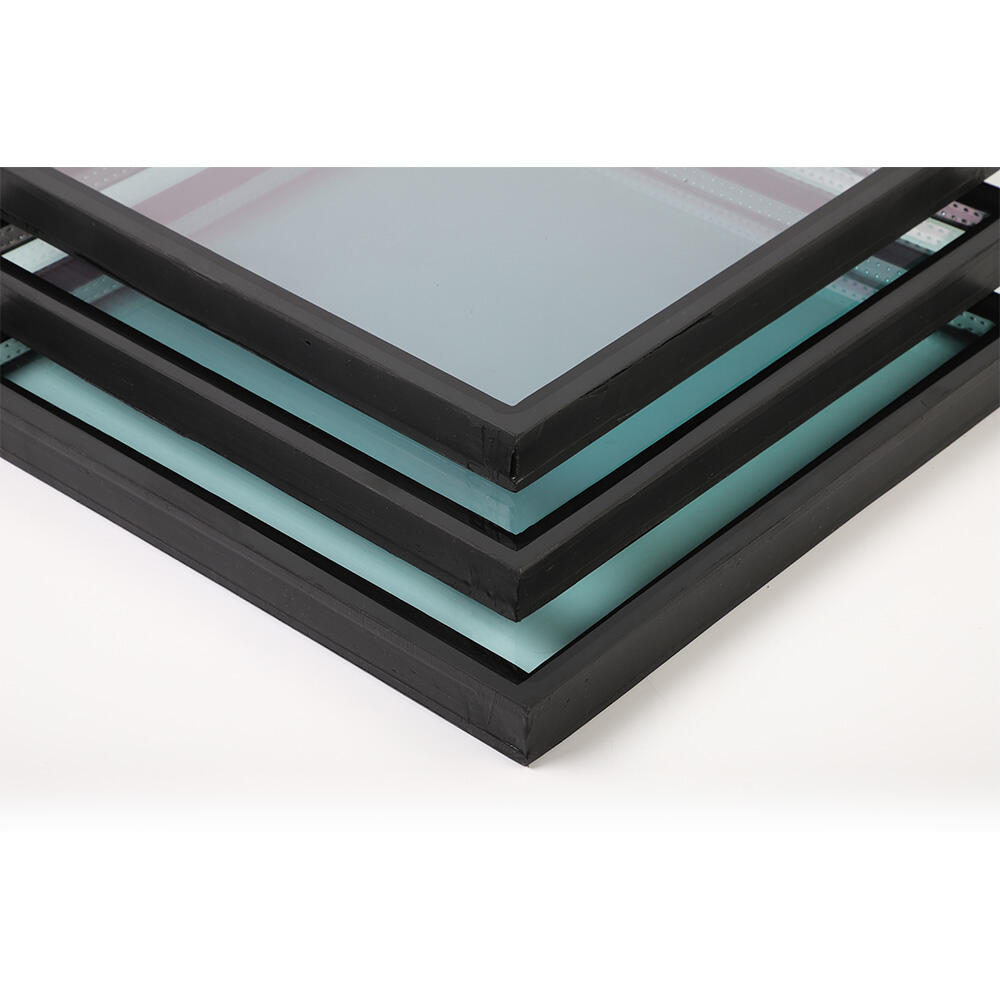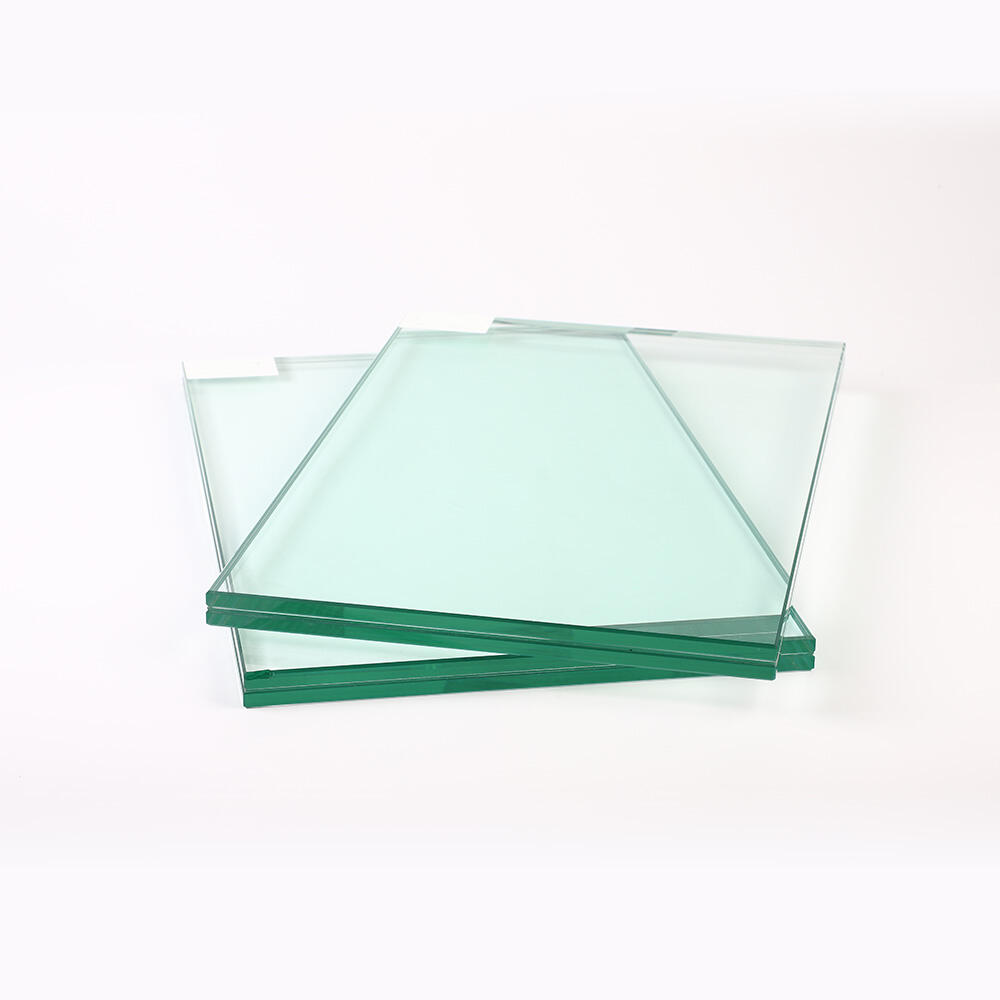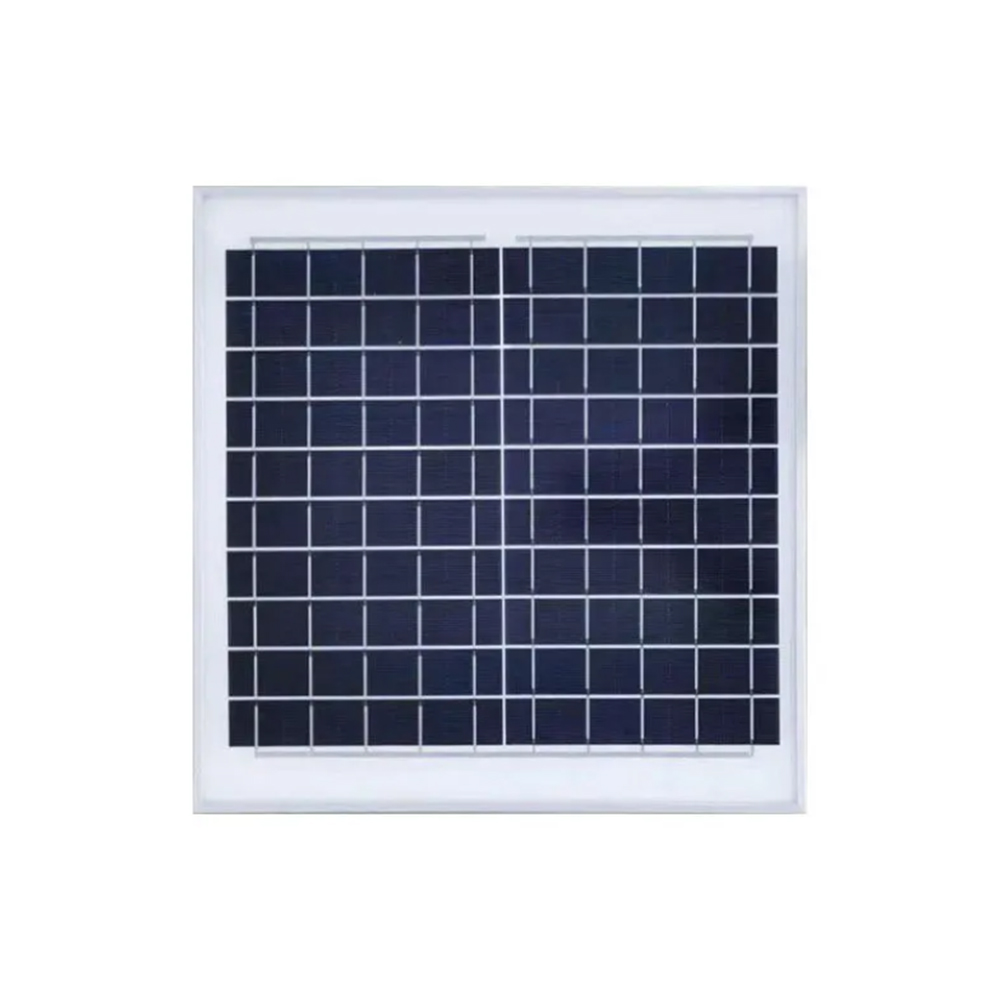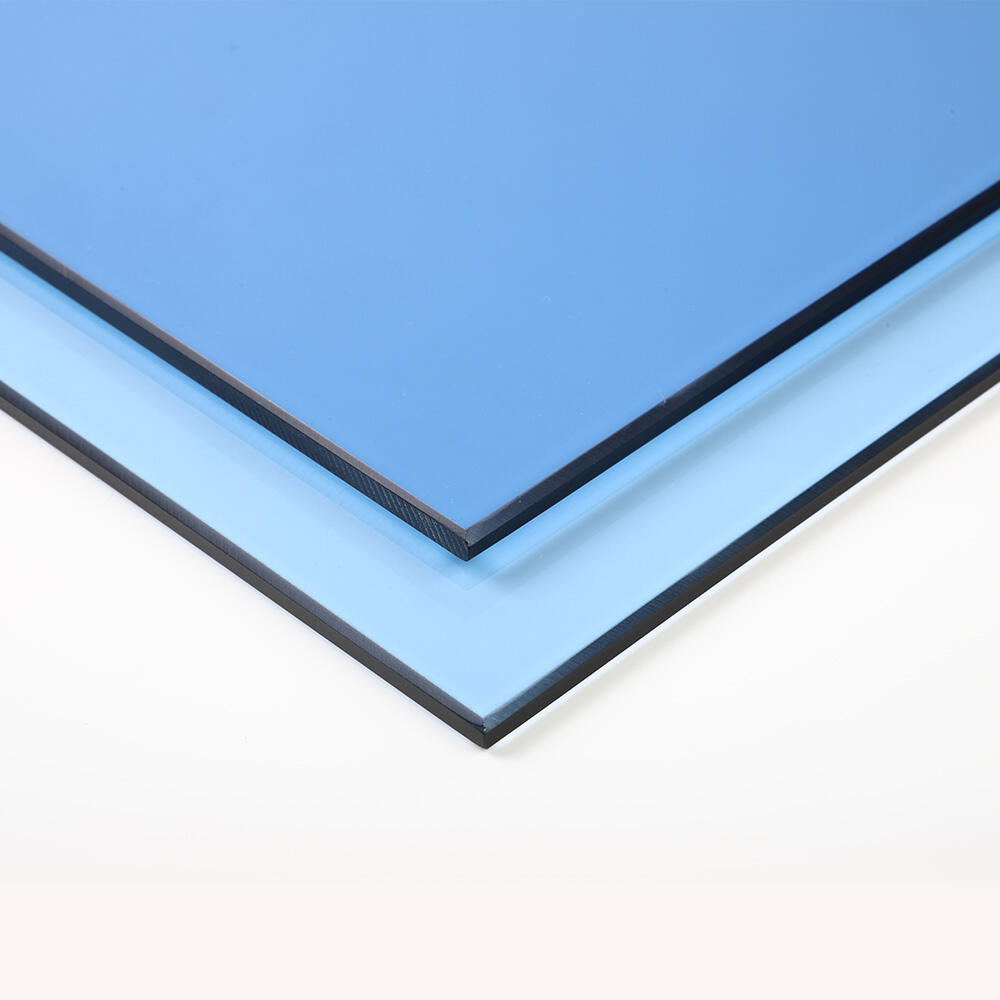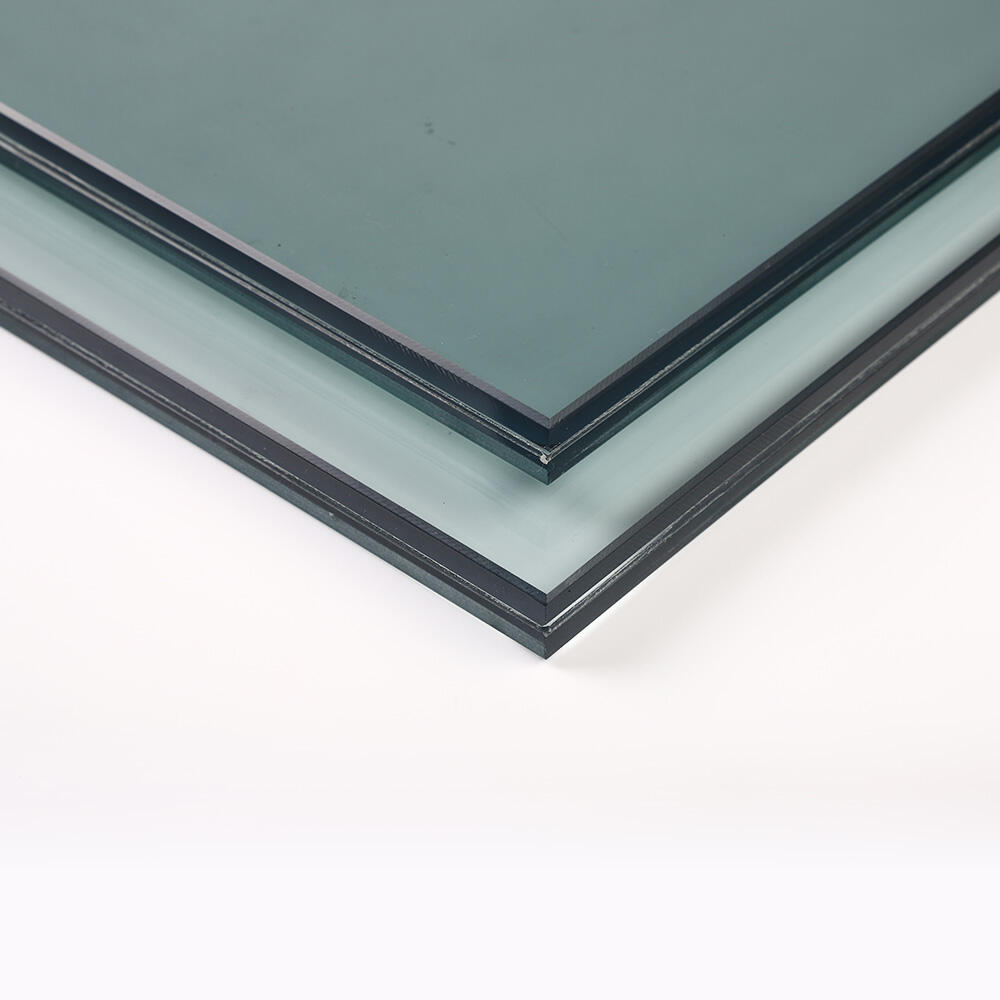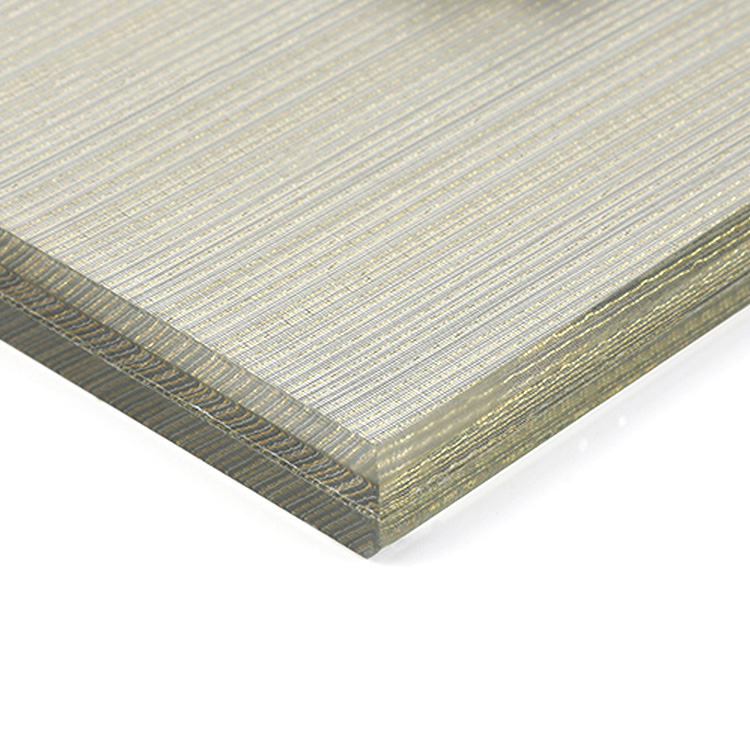Smart Glass Technology And Its Applications
What is ‘Smart Glass’ - Introduction
As for the other, switchable glass or smart glass is a more advanced type and its glazings are wireless and, electric in control. This is a modification that adds features of ordinary glass but with a twist rather it is translucent to white – anything in between. Smart glasses adds privacy, and enhance solar control as well as energy efficiency, thus variety of applications.
Working Principle of Smart Glass
In order to comprehend why Smart glass is so astonishing, it suffices to study the orientation of the parts of the Smart glasses which usually has an electro chromatic/thermo chromatic/ suspended particle device sandwiched between two glasses, one of which is generally the main lens. All these mask tiny parts of the elements cause rotation or a shift of the element upon application of DC voltage and this leads to the change of transparency of the glass. For example, one can tint this smart glass by making a reversible electrochemical reaction or for a suspended particle devices SPD electric light aligns tiny particles blocking light thus privacy.
Stereotyping Information & Reducing Features Of The Window As Far As Flying Glass
An attractive feature of smart glass is the enhancement of privacy and security. A primary issue of concern is that even in the opaque mode, while protection is provided for the residents and even viewers from outside the building, outdoor visibility is restricted. This is especially valid in toilets, conference rooms or any other offices when one simply needs a brief privacy. Moreover, the smart glass may be incorporated within security systems whereby when the alarm is triggered, the glass turns opaque.
Environmental Management/Solar Control
The smart glass market is extensive and there are options for controlling solar heat gain which improve energy efficiency. The functionality that the device can be or switched from clear to tinted can help enhance the architectural beauty without the use of shader or thick curtain box that suppose not to happen. That kind of control has a lot of advantages since it minimizes indoor temperature controlling mechanisms usage of airconditioning/ heating and related devices and hence saves energy costs to the tune of about The entire CCS residential and commercial structures are at an advantage of these to the cost saving and healthy features.
Whereas these applications are restricted to latitudes, Client also provides light and visual comfort regulation solution in order to find a way of naturally lighting the spaces even in the northern regions. Passive control of phototropic glass technology only uses the required amount of illumination and will reduce eye strain which is often associated with over-exposure to visuals. In office spaces, it would entail minimizing the use of non natural lighting which in itself improves the working ambiance. Also, besides the functionality of controlling glare and safeguarding, smart windows would also pose as barriers to dangerous solar radiation.
Merging of technologies and the automation of processes
As it has been observed in the smart glass technology it has a structure which allows it to be integrated with any other smart building technologies hence making it compatible with the automated systems. Wall switches or remote controls, smart voice command controls or self activation systems that recognize individuals and turn on the glass when needed or according to the sun’s patterns are some of the ways it can be used. Such mixtures of electronics improve energy efficiency in an intelligible manner without infringing on convenience as partially evidenced with present-day technologies
Consideration of Activities: Use of ZRGlas in the modern construction industry.
In this ever-evolving landscape, ZRGlas is positioned right where smart glass technology meets modern architecture construction. ZRGlas includes the customers’ modern development ideas into the project from the beginning and consistent integration of the smart glass with customer-centered service in every energy-efficient building and smart construction that works with its environment.
Recommended Products
Hot News
-
The Amazing Properties and Uses of Glass
2024-01-10
-
Production raw materials and processes of glass products
2024-01-10
-
Co-create the future! A delegation from Atlantic El Tope Hotel visited our company
2024-01-10
-
ZRGlas Shines at Sydney Build EXPO 2024, Innovative Products Spark High Interest Among Clients
2024-05-06
-
How Low-E Glass Can Cut Energy Costs and Boost Insulation
2024-09-18

 EN
EN
 AR
AR
 CS
CS
 DA
DA
 NL
NL
 FI
FI
 FR
FR
 DE
DE
 EL
EL
 IT
IT
 JA
JA
 KO
KO
 PL
PL
 PT
PT
 RU
RU
 ES
ES
 TL
TL
 IW
IW
 ID
ID
 SR
SR
 SL
SL
 UK
UK
 VI
VI
 HU
HU
 TH
TH
 TR
TR
 FA
FA
 AF
AF
 MS
MS
 UR
UR
 HA
HA
 LO
LO
 LA
LA
 MI
MI
 MN
MN
 TA
TA
 TE
TE
 MY
MY
 SI
SI
